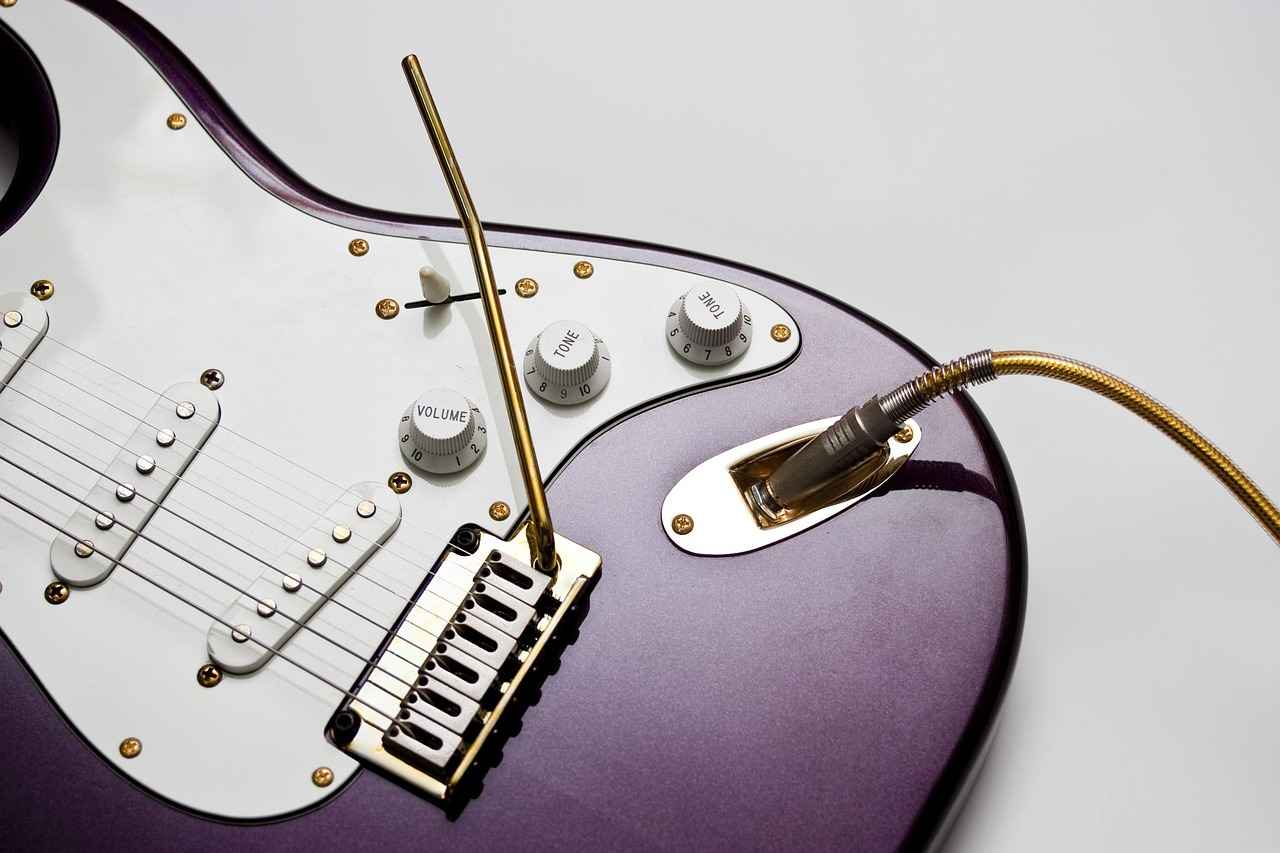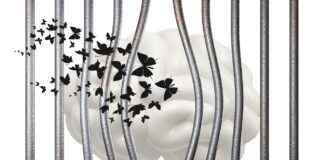This article delves into the advantages and disadvantages of electric tricycle bikes, offering comprehensive insights to assist potential buyers in making informed decisions regarding their use and benefits.
The Rise of Electric Tricycle Bikes
Electric tricycle bikes have seen a surge in popularity recently, merging convenience with eco-friendliness. Their distinctive design appeals to a diverse range of riders, including daily commuters and leisurely cyclists.
Benefits of Electric Tricycle Bikes
- Stability and Safety: The three-wheel configuration provides exceptional stability, making it a safer option for those who may have balance concerns.
- Environmental Impact: Electric tricycles are an eco-friendly choice, significantly lowering carbon emissions compared to traditional vehicles.
- Ease of Use: Many electric tricycles are designed with user-friendly features, making them accessible for riders of all skill levels.
Stability and Safety Features
One of the standout benefits of electric tricycles is their stability. The three-wheel design enhances safety, particularly for older adults or individuals with mobility challenges.
Lower Risk of Accidents
The sturdy construction of electric tricycles greatly minimizes the risk of falls, making them an ideal choice for seniors or those with physical limitations.
Enhanced Visibility on the Road
Many electric tricycles come equipped with lights and reflectors, which improve visibility during nighttime rides, a vital aspect for urban commuters.
Drawbacks of Electric Tricycle Bikes
While electric tricycles boast numerous advantages, they also present some drawbacks that potential buyers should weigh carefully.
- Higher Initial Cost: Generally, electric tricycles come with a higher price tag than traditional bicycles, which might deter budget-conscious consumers.
- Weight and Portability Issues: The additional weight can make electric tricycles less portable, creating challenges for users who need to transport them frequently.
Who Should Consider an Electric Tricycle?
Electric tricycles cater to a wide array of riders, including seniors, individuals with disabilities, and those seeking a comfortable commuting solution. Understanding your specific needs is crucial in making the right choice.
Conclusion: Are Electric Tricycle Bikes Right for You?
In summary, electric tricycles offer a blend of benefits and drawbacks. Assessing your unique requirements and preferences will help you determine if this mode of transportation aligns with your lifestyle.
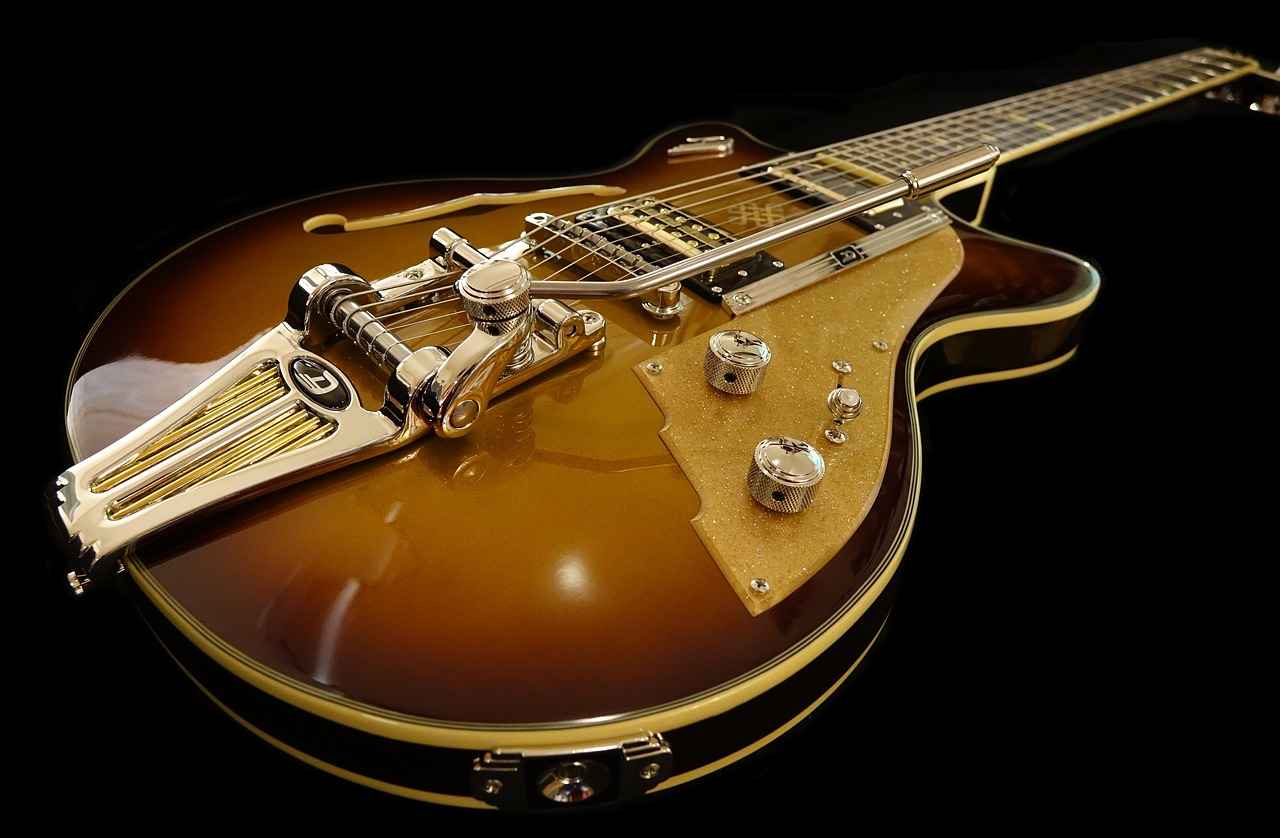
The Rise of Electric Tricycle Bikes
In recent years, electric tricycle bikes have surged in popularity, appealing to a wide range of users due to their unique blend of convenience and eco-friendliness. These innovative vehicles are designed to cater to various demographics, including daily commuters, recreational riders, and even those with mobility challenges. The increasing awareness of environmental issues and the need for sustainable transportation options have significantly contributed to their rise.
Electric tricycles are particularly attractive because they offer a comfortable riding experience without the physical strain often associated with traditional bicycles. Their three-wheel design provides enhanced stability, making them an ideal choice for individuals who may have balance concerns. This feature not only promotes safety but also encourages more people to consider cycling as a viable mode of transport.
Moreover, the eco-friendly aspect of electric tricycles cannot be overlooked. With the growing emphasis on reducing carbon footprints, these bikes present a cleaner alternative to conventional vehicles. By choosing electric tricycles, riders contribute to less traffic congestion and lower greenhouse gas emissions, aligning with global sustainability goals.
As urban areas become increasingly congested, electric tricycles offer a practical solution for navigating through traffic. Their compact size allows for easier maneuverability in tight spaces, making them a preferred choice for city dwellers. Additionally, many models come equipped with features such as built-in storage, lights, and comfortable seating, enhancing their functionality for everyday use.
In summary, the rise of electric tricycle bikes is a testament to the changing landscape of personal transportation. They provide a versatile, safe, and environmentally friendly option that appeals to a diverse audience. As more individuals recognize the benefits of these bikes, it is likely that their popularity will continue to grow, making them a staple in the future of urban mobility.
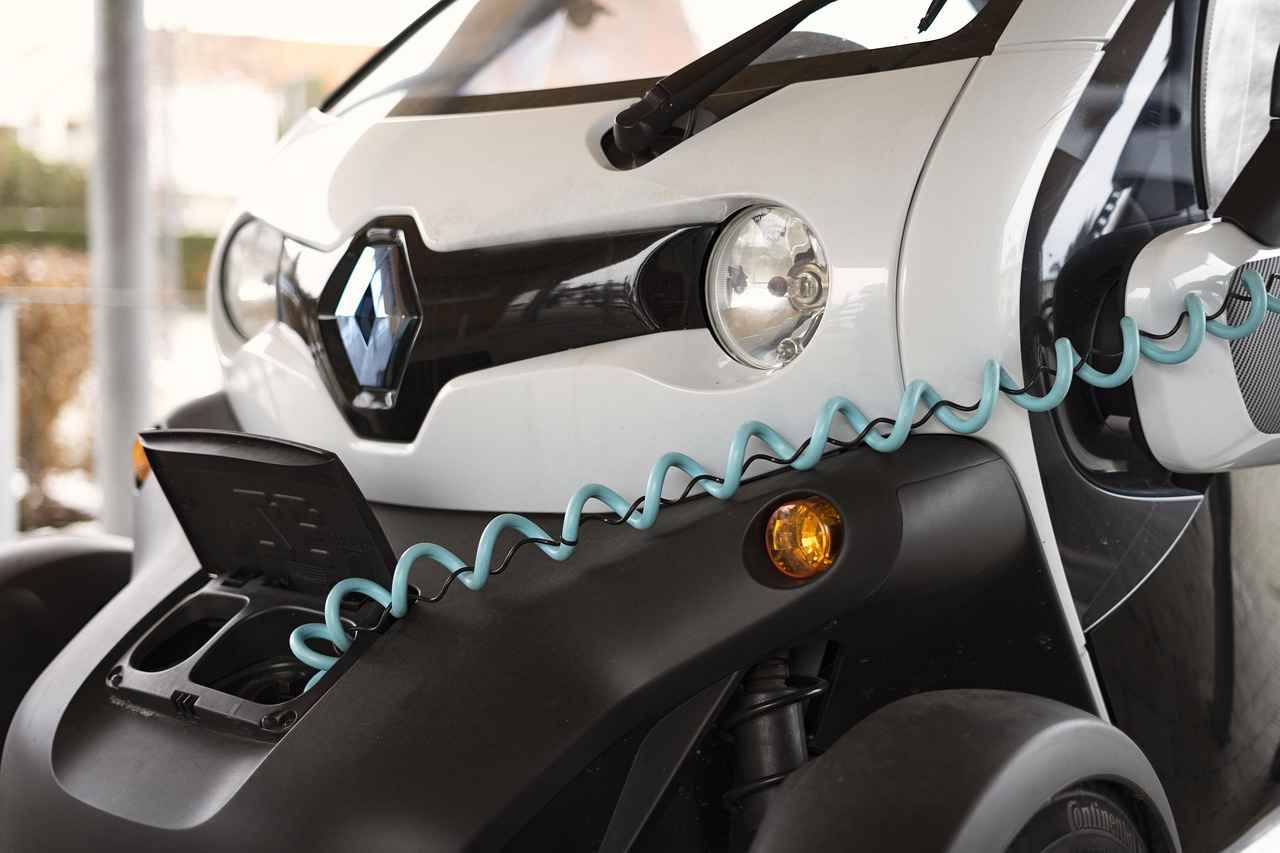
Benefits of Electric Tricycle Bikes
Electric tricycles are becoming increasingly popular as a mode of transportation, and for good reason. They offer a variety of benefits that cater to a wide range of riders. Below are some of the key advantages that make electric tricycles an appealing choice:
- Enhanced Stability: The three-wheel design of electric tricycles provides superior stability compared to traditional bicycles. This feature is particularly beneficial for riders who may have balance issues or those who are new to cycling.
- Ease of Use: Electric tricycles are designed with user-friendliness in mind. Many models come equipped with intuitive controls, making them accessible for riders of all ages and skill levels.
- Reduced Environmental Impact: By utilizing electric power, these tricycles contribute to lower carbon emissions, making them a more sustainable option for transportation. This helps in promoting a cleaner environment.
- Comfortable Riding Experience: Electric tricycles often feature comfortable seating and ergonomic designs, allowing for longer rides without discomfort. This is particularly advantageous for seniors or individuals with mobility challenges.
- Increased Range: The electric assist feature allows riders to cover greater distances with less effort. This makes electric tricycles ideal for commuting or leisurely rides, enabling users to travel further without fatigue.
- Storage Capacity: Many electric tricycles come with built-in storage options, such as baskets or cargo areas, which are perfect for carrying groceries or personal items, adding to their practicality.
In conclusion, the benefits of electric tricycle bikes are numerous and varied. They provide a stable, eco-friendly, and comfortable riding experience that caters to a wide demographic, from commuters to recreational riders. As more people seek sustainable transportation options, electric tricycles are poised to play a significant role in the future of personal mobility.
Stability and Safety Features
One of the key advantages of electric tricycles lies in their remarkable stability. The three-wheel design not only enhances the overall balance but also ensures a safer riding experience, particularly for individuals who may face challenges with coordination or balance.
Unlike traditional bicycles, which can easily tip over, electric tricycles provide a solid base that significantly reduces the risk of falls. This feature is especially beneficial for seniors and those with mobility issues, allowing them to navigate their surroundings with greater confidence. The wider stance of the tricycle contributes to a lower center of gravity, which helps maintain stability even on uneven surfaces.
Moreover, many electric tricycles are designed with additional safety features that further enhance their appeal. These may include:
- Wide Tires: Larger tires provide better traction and stability on various terrains.
- Disc Brakes: Reliable braking systems ensure quick stopping power, which is crucial for avoiding accidents.
- Reflective Materials: Enhanced visibility with reflectors and lights improves safety during low-light conditions.
In urban environments, where traffic can be unpredictable, the stability of electric tricycles offers riders a safer alternative to traditional bikes. Riders can feel secure knowing that their vehicle is less likely to tip during sudden maneuvers or when navigating crowded streets.
In conclusion, the stability and safety features of electric tricycles make them an excellent choice for a wide range of riders. Whether for commuting or leisurely rides, these vehicles cater to those seeking a reliable and secure mode of transportation.
Lower Risk of Accidents
Electric tricycles are designed with stability and safety in mind, making them a preferred choice for individuals who may have concerns about balance or coordination. The three-wheel configuration provides a solid foundation, significantly reducing the likelihood of tipping over compared to traditional bicycles. This feature is particularly beneficial for older adults and those with mobility challenges.
In addition to their sturdy construction, electric tricycles often come equipped with various safety features that further enhance their appeal. Many models include:
- Wide tires: These provide better traction and grip on various surfaces, reducing the chances of slipping.
- Low step-through frames: This design allows for easy mounting and dismounting, which is crucial for those with limited mobility.
- Integrated lights and reflectors: These increase visibility during low-light conditions, helping to prevent accidents.
Moreover, the electric assist feature allows riders to maintain a steady pace without exerting excessive effort. This is particularly important for seniors who may tire easily. The ease of use associated with electric tricycles encourages more frequent riding, promoting physical activity while ensuring safety.
Furthermore, studies have shown that the increased stability of electric tricycles leads to a reduction in accidents. According to a recent survey, riders reported feeling more secure, which translates into greater confidence while navigating through urban environments.
In conclusion, the design and features of electric tricycles significantly lower the risk of accidents, making them an excellent option for individuals seeking a safe and reliable mode of transportation. As they become increasingly popular, it is essential to consider these advantages when evaluating options for mobility.
Enhanced Visibility on the Road
One of the critical safety features of electric tricycles is their enhanced visibility during nighttime rides. This is particularly important for urban commuters who often navigate busy streets and intersections after dark. Electric tricycles are typically equipped with powerful LED lights and strategically placed reflectors that significantly improve the rider’s visibility to other road users.
These features serve multiple purposes:
- Increased Awareness: Bright lights and reflective surfaces help ensure that drivers, pedestrians, and cyclists can easily spot the tricycle, reducing the risk of accidents.
- Improved Confidence: Riders often feel more secure knowing they are visible, which encourages more people to use electric tricycles as a viable transportation option, even in low-light conditions.
- Legal Compliance: Many regions have regulations requiring bicycles to have lights and reflectors, making electric tricycles compliant and safe for urban riding.
Moreover, the combination of lights and reflectors not only enhances safety but also adds to the overall aesthetic of the tricycle. Riders can choose models with customizable lighting options, allowing for a unique look while maintaining functionality.
In addition to lights and reflectors, some electric tricycles come with integrated turn signals and brake lights, further improving communication with other road users. This feature is especially beneficial in urban environments where traffic can be dense and unpredictable.
In conclusion, the enhanced visibility features of electric tricycles play a crucial role in ensuring rider safety during nighttime commutes. By investing in a tricycle equipped with these safety enhancements, riders can enjoy peace of mind while navigating the urban landscape.
Environmental Impact
Electric tricycles have emerged as a prominent eco-friendly transportation solution, significantly contributing to the reduction of carbon emissions when compared to traditional gasoline-powered vehicles. This shift towards greener alternatives is essential in the fight against climate change and pollution.
One of the most compelling aspects of electric tricycles is their ability to operate without emitting harmful greenhouse gases. By utilizing electric power, these vehicles help decrease the overall carbon footprint associated with daily commuting. This is particularly important in urban areas where air quality is often compromised by vehicle emissions.
| Benefit | Description |
|---|---|
| Reduced Emissions | Electric tricycles produce zero tailpipe emissions, contributing to cleaner air quality. |
| Energy Efficiency | They convert energy from the battery to power efficiently, using less energy than traditional vehicles. |
| Renewable Energy Compatibility | Electric tricycles can be charged using renewable energy sources, enhancing their eco-friendliness. |
Moreover, the use of electric tricycles can lead to less traffic congestion in city centers. As more individuals opt for these vehicles, the number of cars on the road decreases, which in turn leads to lower emissions and improved traffic flow. This is particularly beneficial for urban areas where traffic jams are common and contribute to increased pollution levels.
Additionally, electric tricycles promote a more sustainable lifestyle by encouraging users to engage in active transportation. Riders often incorporate pedaling into their journeys, which not only enhances physical health but also fosters a connection with the environment.
In conclusion, the environmental impact of electric tricycles is overwhelmingly positive. By reducing carbon emissions, improving air quality, and promoting sustainable urban mobility, these vehicles represent a significant step toward a cleaner, greener future.
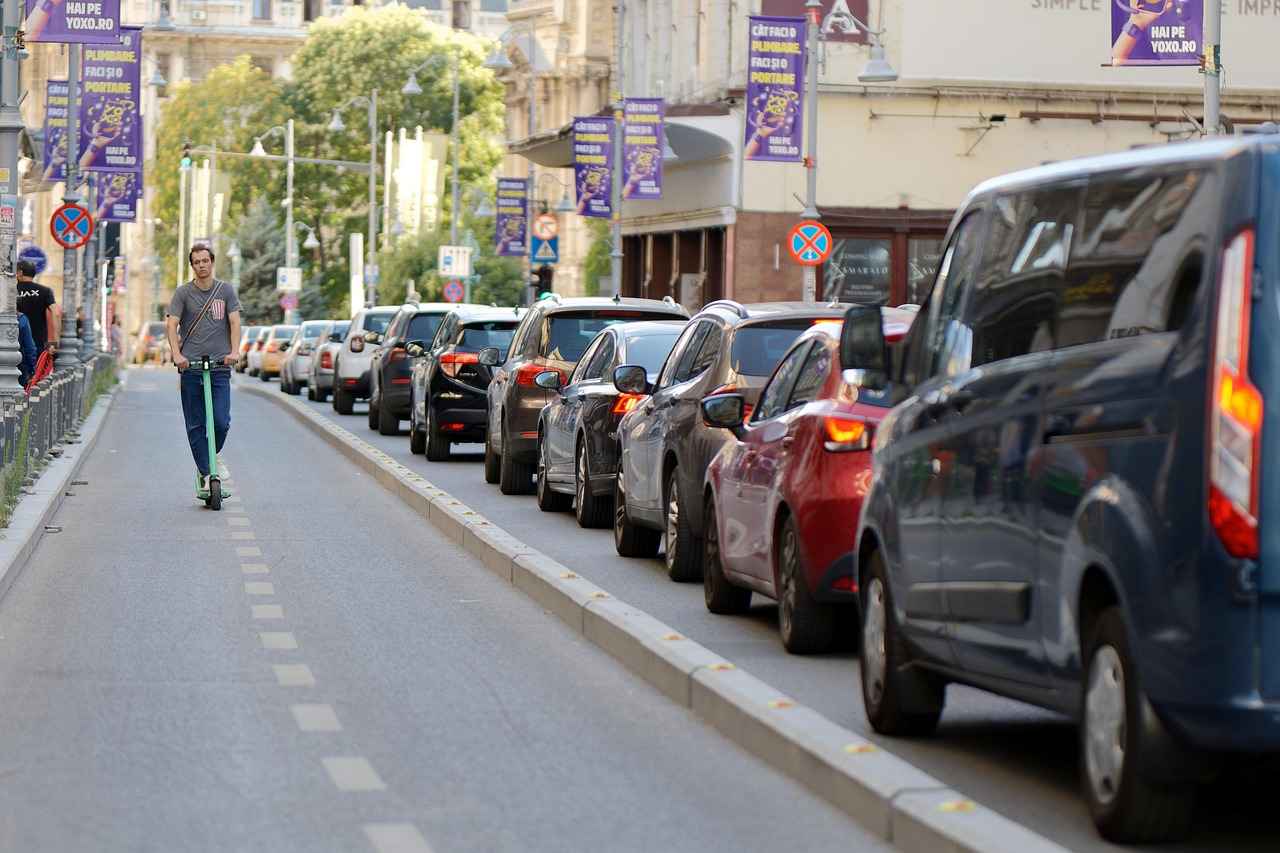
Drawbacks of Electric Tricycle Bikes
When considering the purchase of electric tricycle bikes, it is essential to weigh their benefits against potential drawbacks. While these vehicles offer numerous advantages, there are some challenges that may affect your decision. Below, we explore the key disadvantages of electric tricycles to help you make an informed choice.
- Higher Initial Cost: One of the most significant drawbacks is the higher price point. Electric tricycles generally cost more than traditional bicycles, which can be a barrier for budget-conscious consumers. This initial investment may not be feasible for everyone, especially when considering additional expenses such as insurance and maintenance.
- Weight and Portability Issues: Electric tricycles tend to be heavier than standard bikes due to their battery and motor systems. This added weight can make them less portable, posing challenges for users who need to transport their tricycles frequently or navigate through tight spaces. Finding a suitable storage solution can also be a concern.
- Limited Range: Depending on the battery capacity and riding conditions, electric tricycles may have a limited range before needing a recharge. This can be inconvenient for long-distance commuters or those planning extended rides, as it may require careful route planning to ensure access to charging stations.
- Maintenance and Repair Costs: While electric tricycles are generally reliable, they do require regular maintenance to keep their electrical components functioning optimally. Repairing or replacing parts can be costly and may necessitate specialized service, which can add to the overall ownership expenses.
- Less Maneuverability: Compared to traditional bicycles, electric tricycles have a larger footprint, which can make them less maneuverable in crowded urban environments. Riders may find it challenging to navigate through traffic or tight spaces, potentially leading to frustration during commutes.
In summary, while electric tricycles present a range of benefits, it is crucial to consider these drawbacks before making a purchase. Understanding your specific needs and how these factors may impact your riding experience will help you determine whether an electric tricycle is the right choice for you.
Higher Initial Cost
When considering the purchase of an electric tricycle, one of the most significant factors to take into account is the initial cost. Electric tricycles generally carry a price tag that is noticeably higher than that of traditional bicycles. This price difference can be a substantial deterrent for many budget-conscious consumers who might otherwise be interested in this innovative mode of transport.
The higher cost of electric tricycles can be attributed to several factors:
- Advanced Technology: Electric tricycles are equipped with advanced features such as electric motors, batteries, and sophisticated control systems that enhance the riding experience. This technology, while beneficial, contributes to the overall expense.
- Durability and Design: Many electric tricycles are designed with robust materials to ensure longevity and safety. The engineering behind these vehicles often requires a higher investment compared to standard bicycles.
- Brand and Model Variations: Just like any other product, the brand reputation and specific model can significantly affect pricing. Some brands are known for their quality and reliability, which can justify a higher price point.
For consumers who are budget-conscious, it is essential to weigh the benefits against the costs. While the initial investment may seem steep, the long-term savings on fuel and maintenance, coupled with the health benefits of cycling, can make electric tricycles a worthwhile consideration.
Moreover, many regions offer incentives or subsidies for electric vehicle purchases, which can help offset the upfront costs. Therefore, potential buyers should explore local programs that may assist in making electric tricycles more financially accessible.
In conclusion, while the higher initial cost of electric tricycles may deter some consumers, understanding the long-term benefits and available financial assistance can provide a clearer picture of their value. Evaluating personal needs and financial capacity is crucial in making an informed decision.
Weight and Portability Issues
Electric tricycles, while offering numerous advantages, come with certain weight and portability challenges that potential users must consider. These bikes are generally heavier than traditional bicycles due to their robust construction and the inclusion of electric components such as batteries and motors. This added weight can significantly impact the overall user experience, particularly for those who need to transport their tricycles frequently or navigate through tight spaces.
For individuals who rely on public transportation or have limited storage options, the bulkiness of electric tricycles can be a considerable drawback. Loading and unloading these bikes from vehicles or carrying them up stairs can be cumbersome, making them less practical for daily commuters or recreational users who often travel with their bikes. Additionally, finding suitable parking spots can be challenging in crowded urban areas, where space is at a premium.
Moreover, the weight of electric tricycles can influence their maneuverability. Riders may find it more difficult to navigate through narrow pathways or crowded environments, which can be a significant disadvantage for those who enjoy exploring various terrains. The turning radius can also be affected, making sharp turns less feasible compared to lighter bicycles.
Despite these challenges, there are solutions available for users seeking to mitigate the portability issues associated with electric tricycles. Some manufacturers offer foldable models that can be compactly stored and easily transported. Additionally, investing in a quality bike rack designed for heavier loads can enhance transportation options.
Ultimately, while the added weight of electric tricycles presents certain challenges, understanding these factors can help users make informed decisions. By considering personal needs and usage scenarios, potential buyers can find a model that aligns with their lifestyle.
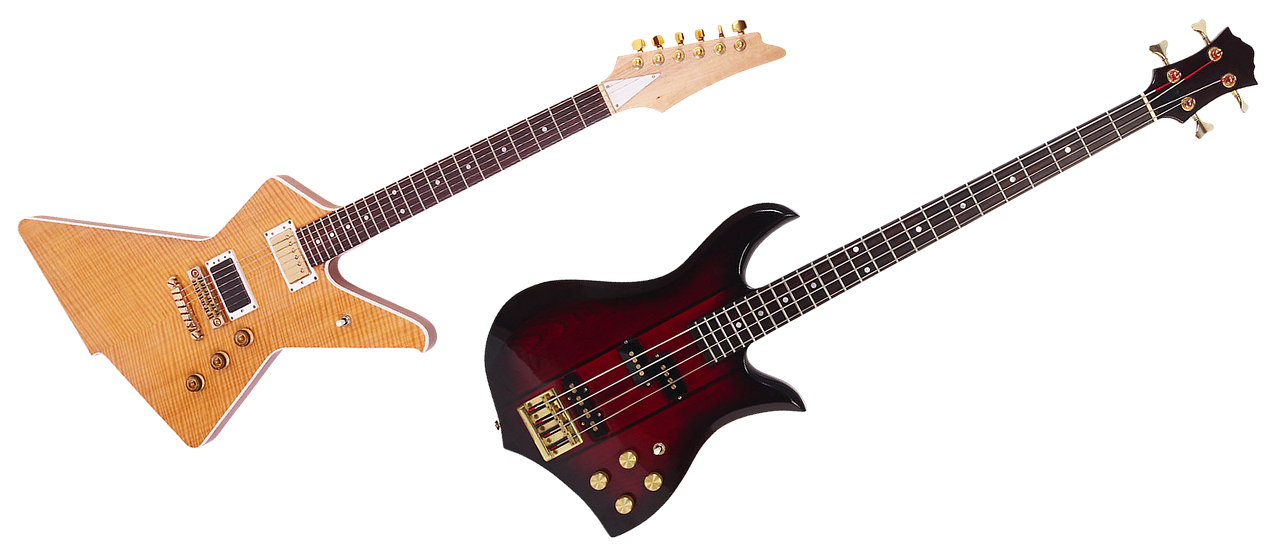
Who Should Consider an Electric Tricycle?
Electric tricycles are becoming increasingly popular due to their versatility and user-friendly nature. They are particularly suitable for a diverse range of riders, each with unique needs and preferences. Understanding who can benefit from these innovative vehicles is essential for making an informed choice.
- Seniors: Many older adults find electric tricycles to be a safe and comfortable option for transportation. The stability provided by the three-wheel design helps reduce the risk of falls, making it easier for seniors to maintain their independence while enjoying the outdoors.
- Individuals with Disabilities: For those with mobility challenges, electric tricycles can offer a practical solution. The ease of use and enhanced stability allow riders with physical limitations to navigate their environment with confidence.
- Commuters: Urban dwellers seeking an alternative to traditional vehicles can benefit significantly from electric tricycles. They provide a comfortable and eco-friendly commuting option, helping to alleviate traffic congestion while also minimizing carbon footprints.
- Recreational Riders: For those who enjoy leisurely rides, electric tricycles can enhance the experience. Riders can explore parks, trails, and neighborhoods without the strain often associated with traditional bicycles.
- Families: Electric tricycles can also accommodate children or cargo, making them a practical choice for family outings. Many models come with additional storage options, allowing families to carry essentials easily.
In summary, electric tricycles cater to a wide array of riders, from seniors to commuters and families. By assessing your specific needs, you can determine if this mode of transportation aligns with your lifestyle and preferences.
Ideal for Seniors and Individuals with Mobility Challenges
Electric tricycles have emerged as a game-changer for seniors and individuals facing mobility challenges. Their design prioritizes stability and ease of use, making them a reliable mode of transportation for those who may find traditional bicycles daunting. The three-wheel configuration ensures that riders maintain their balance, providing a secure and comfortable experience.
One of the standout features of electric tricycles is their low step-through frame, which facilitates easy mounting and dismounting. This is particularly beneficial for seniors who may have difficulty lifting their legs over a traditional bike frame. Additionally, the inclusion of a pedal-assist system allows riders to enjoy the benefits of cycling without the strain of pedaling, enabling longer rides with less physical exertion.
Moreover, electric tricycles often come equipped with enhanced safety features such as lights, bells, and reflective materials. These features significantly improve visibility on the road, which is crucial for seniors who may ride in varying light conditions. The added stability of three wheels also minimizes the risk of falls, making electric tricycles a safer alternative for individuals with balance issues.
In addition to safety, electric tricycles offer a sense of independence to seniors. They can easily navigate their neighborhoods, run errands, or enjoy leisurely rides without relying on others for transportation. This newfound freedom can enhance their quality of life and promote a more active lifestyle.
In conclusion, electric tricycles represent a practical solution for seniors and individuals with mobility challenges. Their user-friendly design, safety features, and ability to foster independence make them an excellent choice for those seeking a reliable mode of transportation.
Commuters and Urban Riders
In today’s fast-paced urban environments, the need for efficient transportation solutions has never been more pressing. Electric tricycles, often referred to as e-trikes, have emerged as a popular choice for commuters looking to navigate city streets with ease. These innovative vehicles not only provide a practical way to get around but also contribute to a more sustainable future.
Convenience and Accessibility
Electric tricycles are designed with the urban commuter in mind. Their three-wheel design offers enhanced stability, making them suitable for riders of all ages and abilities. This is particularly beneficial for those who may find traditional bicycles challenging due to balance issues. With the added power of an electric motor, riders can effortlessly tackle hills and longer distances without the physical strain associated with conventional cycling.
Environmental Benefits
One of the most compelling reasons to consider an electric tricycle is their environmental impact. By choosing e-trikes over cars, commuters can significantly reduce their carbon footprint. Electric tricycles produce zero emissions during operation, making them a cleaner alternative to gas-powered vehicles. This shift not only alleviates traffic congestion but also contributes to improved air quality in urban areas.
Cost-Effectiveness
While the initial investment in an electric tricycle may be higher than that of a traditional bike, the long-term savings are noteworthy. E-trikes require less maintenance and are more affordable to operate than cars, which incur costs related to fuel, insurance, and parking. Additionally, many urban areas offer incentives for using eco-friendly transportation, further enhancing the financial appeal of electric tricycles.
Conclusion
For urban commuters seeking a convenient, eco-friendly, and cost-effective mode of transportation, electric tricycles present an attractive option. As cities continue to evolve and prioritize sustainable practices, embracing this innovative vehicle can lead to a more enjoyable and responsible commuting experience.
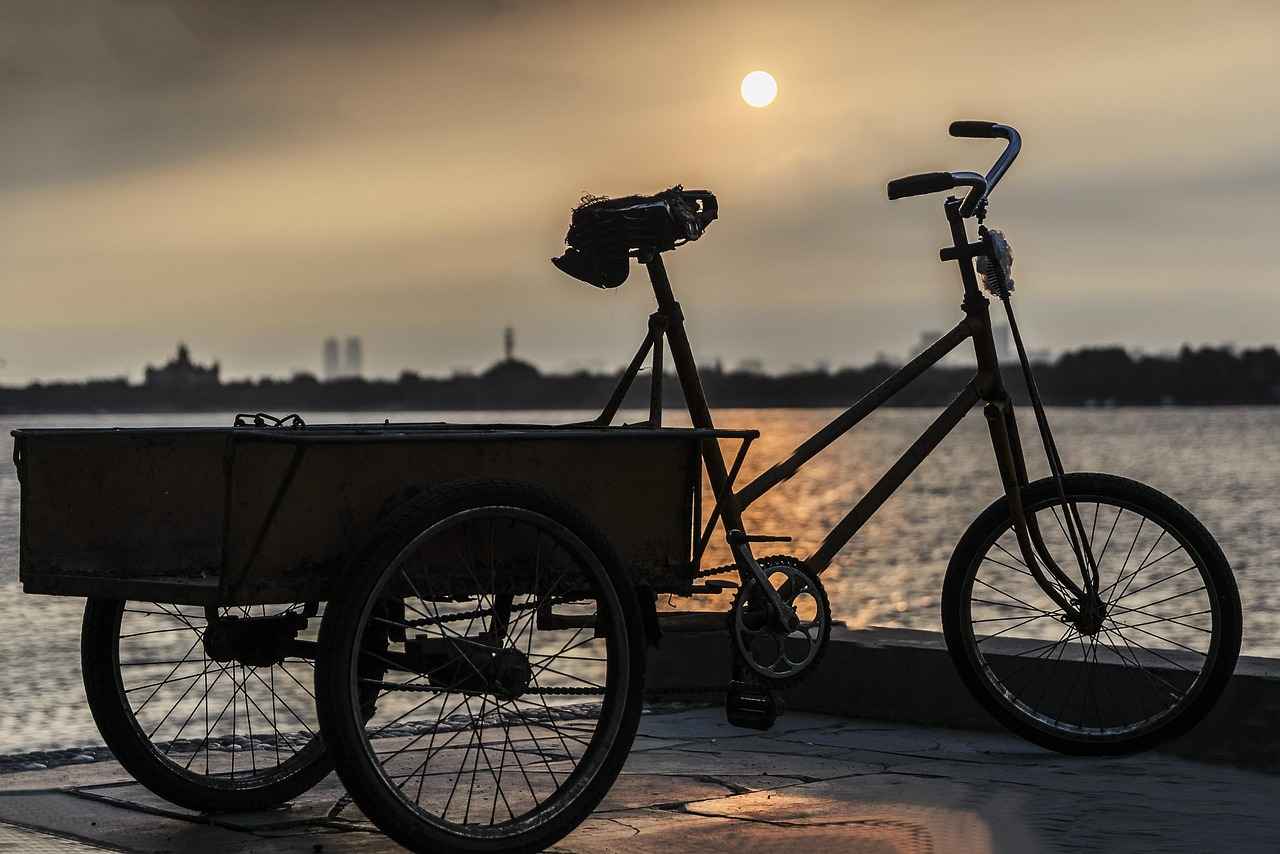
Conclusion: Are Electric Tricycle Bikes Right for You?
In today’s world, the choice of transportation can significantly impact our daily lives, especially with the growing trend towards sustainability and convenience. Electric tricycles, while becoming increasingly popular, come with their own set of advantages and disadvantages. To make an informed decision, it’s essential to carefully evaluate your personal needs, preferences, and lifestyle.
Advantages of Electric Tricycles
- Enhanced Stability: The three-wheel design offers superior balance, making it easier for riders of all ages to navigate various terrains.
- Ease of Use: With simple controls and electric assistance, these tricycles are user-friendly, especially for those who may not have extensive cycling experience.
- Environmental Benefits: By using electric tricycles, riders contribute to reducing carbon footprints, promoting a healthier planet.
Disadvantages of Electric Tricycles
- Higher Initial Cost: The upfront investment can be significant compared to traditional bicycles, which may be a barrier for some.
- Weight: Electric tricycles tend to be heavier, which can complicate transport and storage.
Ultimately, the decision to invest in an electric tricycle should be based on a careful assessment of your unique circumstances. Consider factors such as your commuting distance, physical capabilities, and the typical terrain you will encounter. It’s also worth test riding different models to find the one that feels right for you.
In conclusion, electric tricycles present both advantages and disadvantages. By evaluating your specific needs and preferences, you can determine if this mode of transportation aligns with your lifestyle and goals. Whether you seek stability, ease of use, or an eco-friendly option, understanding these factors will guide you in making the right choice for your personal transportation needs.
Frequently Asked Questions
- What are the main benefits of electric tricycle bikes?
Electric tricycle bikes offer enhanced stability, ease of use, and a lower environmental impact. They are especially beneficial for individuals who may struggle with balance, providing a safer riding experience.
- Are electric tricycles suitable for seniors?
Absolutely! The stability and user-friendly design of electric tricycles make them an excellent choice for seniors, allowing them to maintain independence while ensuring safety on the road.
- What are the drawbacks of electric tricycle bikes?
While they offer many advantages, electric tricycles can come with a higher initial cost and may be heavier than traditional bikes, which can affect portability and ease of transport.
- Can I use an electric tricycle for commuting?
Yes! Electric tricycles are a fantastic option for urban commuting, providing a convenient and eco-friendly alternative to cars, helping to reduce traffic congestion and emissions.
- How do electric tricycles impact the environment?
Electric tricycles contribute to a cleaner environment by reducing carbon emissions compared to traditional vehicles, making them a more sustainable transportation choice.


